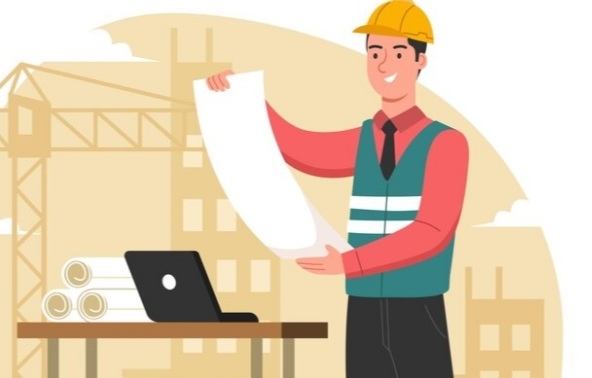Lake Properties Lake PropertiesLake Properties Lake Properties
Here’s a more detailed and practical breakdown of the purpose of the NHBRC and how it serves both buyers and sellers in South Africa's residential property market:
🏢 What is the NHBRC?
The National Home Builders Registration Council (NHBRC) is a statutory body established under the Housing Consumers Protection Measures Act (Act No. 95 of 1998). It is mandated by law to protect the rights of housing consumers and regulate the home building industry in South Africa.
It applies specifically to newly built homes, not to existing homes or second-hand property.
🎯 Core Purpose of the NHBRC:
1. Consumer Protection
The NHBRC was created to protect home buyers (housing consumers) from:
- Poor workmanship
- Unsafe or structurally defective homes
- Builders who cut corners to save on costs
By enforcing minimum building standards, it ensures that new homes are safe, durable, and built to code.
2. Registration of Builders
Before anyone can build a home legally for another person (not for their own use), they must register with the NHBRC. This:
- Filters out unqualified or dishonest builders
- Holds builders accountable for the work they deliver
- Creates a central list of legitimate contractors for buyers to check
Builders who are not registered may not legally construct homes for sale or enrol homes with the NHBRC.
3. Home Enrolment
Every newly built home must be enrolled with the NHBRC before construction starts. The enrolment:
- Triggers inspections by NHBRC inspectors during key building stages
- Ensures compliance with technical standards
- Activates the NHBRC warranty cover
If a builder fails to enrol a house, they are breaking the law and the buyer will not have warranty protection.
4. Warranty Scheme
One of the NHBRC’s most important roles is managing the Home Warranty Fund, which provides cover to buyers for defects in newly built homes:
- 3 months: Minor defects (e.g. plaster cracks, paint, fittings)
- 1 year: Roof leaks
- 5 years: Major structural defects (e.g. foundation failure, structural walls)
If a builder disappears, goes bankrupt, or refuses to fix defects, the NHBRC can step in to fund or carry out the repairs.
5. Dispute Resolution
If a dispute arises between a buyer and a builder (e.g. unfinished work, poor quality, refusal to fix defects), the NHBRC:
- Offers mediation between both parties
- May enforce penalties or corrective actions
- Can blacklist the builder from future work
6. Training and Standards
The NHBRC improves the quality of housing by offering:
- Training for new and existing builders
- Courses in technical compliance, business skills, and construction standards
- Certification for emerging contractors, especially in rural and low-income areas
🧾 How it Protects Buyers:
| Benefit | Explanation |
|---|---|
| ✅ Peace of mind | Home is built by a registered, approved builder |
| ✅ Legal protection | NHBRC can act if the builder fails to deliver as promised |
| ✅ Quality checks | NHBRC inspectors monitor key phases of construction |
| ✅ Warranty cover | Covers structural issues and other common defects |
| ✅ Safe construction | Homes must comply with minimum safety and technical standards |
🛠️ How it Regulates Sellers / Builders / Developers:
| Responsibility | Explanation |
|---|---|
| 📝 Registration | Builders must be registered and renew annually |
| 🏠 Home enrolment | Must enrol each new home at least 15 days before building starts |
| 📋 Compliance | Must follow NHBRC’s Home Building Manual and technical regulations |
| 🧑🔧 Rectify defects | Builders are responsible for fixing defects within warranty periods |
| ⚖️ Penalties | Failure to comply can lead to de-registration, fines, or prosecution |
⚠️ For Both Buyers & Sellers:
- Before buying a new home, always ask for the NHBRC enrolment certificate. If it’s not enrolled, you have no legal protection.
- Before building, sellers must ensure they are registered and that the property is properly enrolled. Failure to do so can delay transfer, trigger legal action, and invalidate the sale.
📌 Final Thought
The NHBRC is a crucial player in the South African housing industry. It helps:
- Buyers avoid the risk of paying for a poorly built or dangerous home
- Builders improve their credibility and adhere to quality and legal standards
Without the NHBRC, buyers would have very little recourse if things went wrong after buying a newly built home. Its presence raises the overall standard of housing in the country.





No comments:
Post a Comment